Why Is My Dog Breathing So Fast While Sleeping? Understanding the Causes and Solutions
As a dog owner, noticing your furry friend breathing rapidly during sleep can be alarming. Questions like “Why is my dog breathing so fast while sleeping?” might race through your mind, leaving you concerned and searching for answers. In this comprehensive guide, we’ll explore the possible reasons behind this behavior, delve into the biology of canine sleep, and provide actionable tips to help you understand and address this issue.
Understanding Normal Breathing Patterns in Dogs
Before diving into why your dog may be breathing fast while sleeping, it’s crucial to understand what constitutes a normal breathing rate for dogs. On average, a healthy adult dog takes 10 to 35 breaths per minute while at rest. Puppies may breathe slightly faster due to their higher metabolic rates.
During sleep, dogs cycle through two primary phases: REM (Rapid Eye Movement) and non-REM sleep. REM sleep, in particular, is associated with dreaming and heightened brain activity, often causing changes in breathing patterns. Rapid breathing during REM sleep is usually normal and temporary.
It’s also worth noting that external factors such as room temperature, recent physical activity, and even your dog’s breed can influence their normal breathing rate. For instance, brachycephalic breeds like Bulldogs or Pugs may have slightly irregular breathing patterns due to their anatomy.
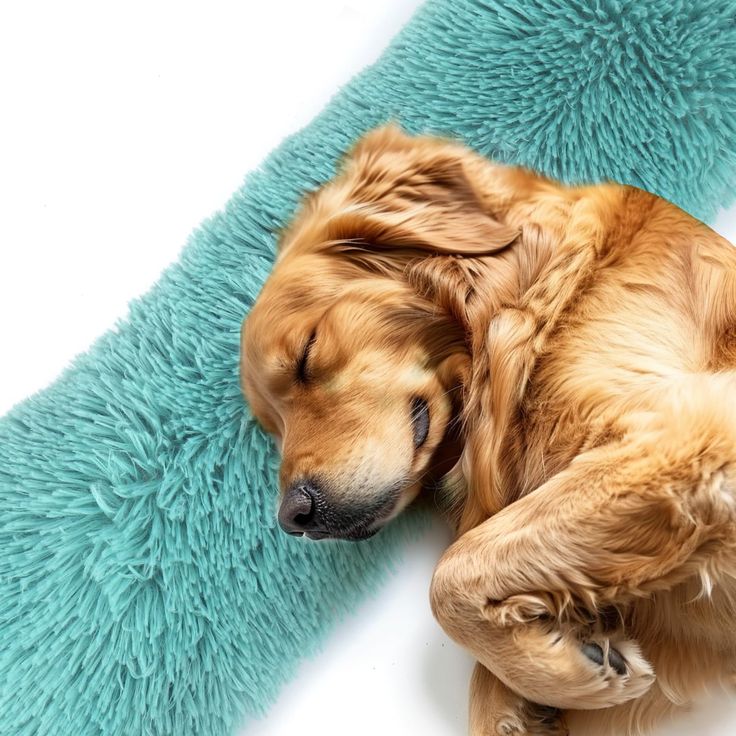
Why Is My Dog Breathing So Fast While Sleeping?
There are various reasons why your dog might exhibit rapid breathing during sleep. These can range from harmless physiological responses to potential health concerns. Let’s examine the most common causes:
1. Dreaming During REM Sleep
One of the most common and benign reasons for rapid breathing is dreaming. Dogs, like humans, experience REM sleep, during which their brains are highly active. This phase may cause:
- Rapid eye movement.
- Twitching of the legs or face.
- Faster and irregular breathing.
Dogs often dream about daily activities, such as running, playing, or interacting with their owners. If your dog appears otherwise healthy and happy when awake, rapid breathing during dreaming is usually nothing to worry about.
However, if this behavior is accompanied by unusual sounds or jerky movements that persist, it’s a good idea to consult your vet to rule out any underlying issues.

2. Puppyhood and Developing Lungs
Puppies breathe faster than adult dogs, especially during sleep. Their bodies are still developing, and their metabolic rates are much higher. Additionally, puppies spend a significant portion of their sleep in the REM phase, leading to more noticeable rapid breathing.
If you have a young dog and notice fast breathing during sleep, it’s likely a normal part of their growth process. However, keep an eye out for signs of distress, such as coughing or wheezing, which may indicate a health issue.
In some cases, rapid breathing in puppies can also be a sign of excitement, particularly if they’ve had a stimulating day filled with new experiences.
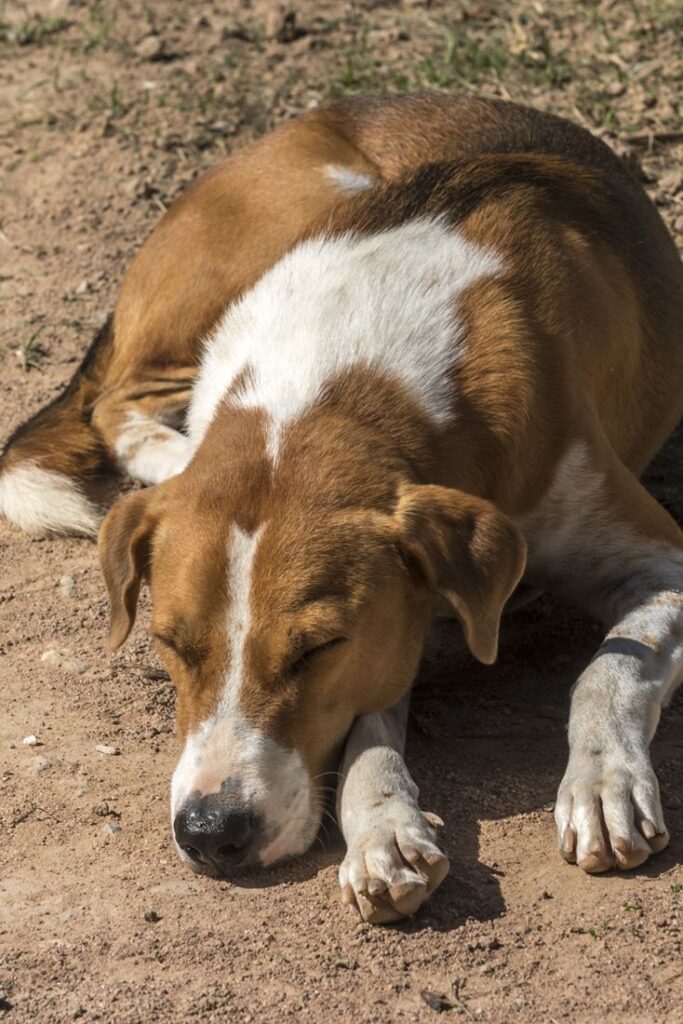
3. Heat and Overexertion
Dogs regulate their body temperature primarily through panting. If your dog has been active or exposed to a warm environment before sleeping, they may breathe faster as a way to cool down. This type of rapid breathing should subside as your dog relaxes and the body temperature normalizes.
Be mindful of heat-related risks, such as dehydration or heatstroke, especially in the summer months. Always ensure your dog has access to fresh water and a cool place to rest.
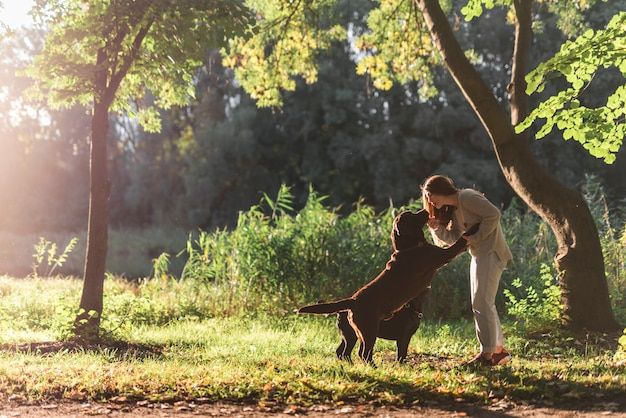
4. Stress or Anxiety
Stress and anxiety can manifest in various ways in dogs, including changes in breathing patterns. Events such as thunderstorms, separation anxiety, or unfamiliar surroundings may cause your dog to breathe faster, even while asleep.
If your dog frequently exhibits rapid breathing during sleep after stressful events, consider calming techniques like:
- Using a calming spray or diffuser with pheromones.
- Providing a safe, quiet space.
- Engaging in regular physical and mental exercises to reduce overall anxiety.
Some dogs benefit from wearing anxiety wraps or listening to calming music designed for pets. Observing your dog’s triggers can also help prevent future episodes of anxiety.

5. Medical Conditions
While rapid breathing during sleep is often harmless, it can sometimes indicate an underlying medical condition. Here are some health issues to consider:
a. Respiratory Infections
Conditions such as kennel cough or pneumonia can affect your dog’s breathing. Symptoms to watch for include:
- Coughing.
- Wheezing.
- Nasal discharge.
If these symptoms accompany rapid breathing, consult your veterinarian.
b. Heart Disease
Heart conditions, such as congestive heart failure, may cause your dog to breathe rapidly, both while awake and asleep. Additional signs include:
- Fatigue.
- Coughing, especially at night.
- Reduced appetite.
Heart disease is more common in older dogs, but certain breeds are predisposed to these issues. Regular check-ups can help catch early signs of heart problems.
c. Allergies or Asthma
Environmental allergens can irritate your dog’s respiratory system, leading to labored breathing. Common triggers include pollen, dust, and mold. Some dogs may also develop asthma, which requires a veterinarian’s intervention for proper management.
d. Pain or Discomfort
Dogs in pain may show subtle signs, including changes in breathing patterns. If your dog has recently sustained an injury or undergone surgery, rapid breathing may signal discomfort.
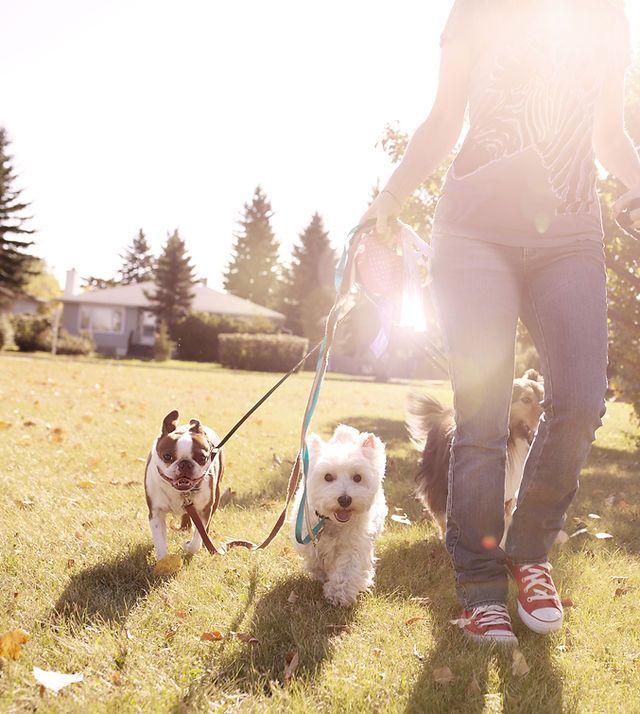
6. Obesity and Breathing Issues
Overweight dogs are more prone to respiratory issues, including rapid breathing during sleep. Excess weight puts pressure on the lungs and diaphragm, making it harder for your dog to breathe comfortably.
Maintaining a healthy weight through proper diet and regular exercise is essential to prevent these complications. Additionally, obesity can lead to other serious health issues, such as diabetes and joint problems, which indirectly affect your dog’s overall quality of life.
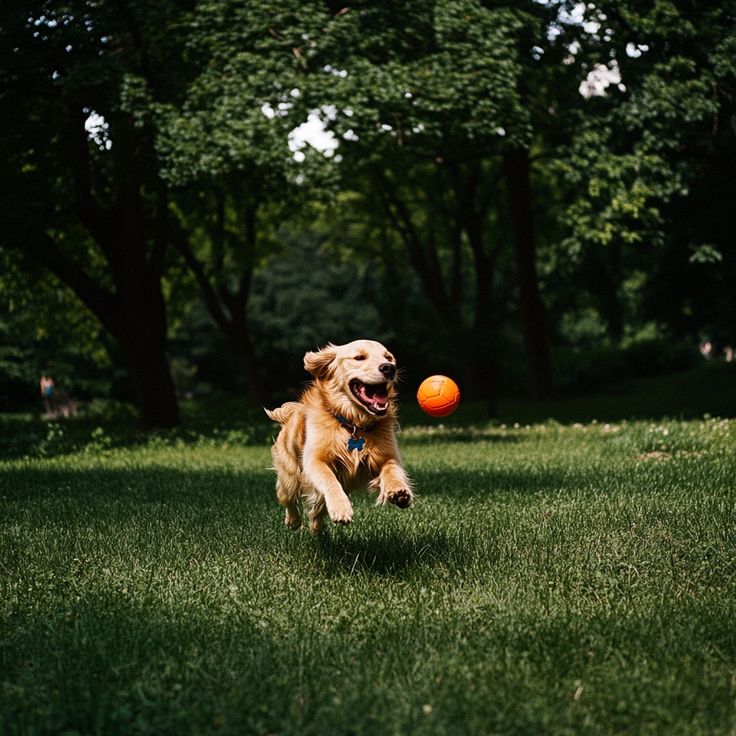
What To Do If Your Dog Is Breathing Fast While Sleeping
If you’re concerned about your dog’s breathing patterns during sleep, follow these steps:
Step 1: Observe Your Dog
Take note of:
- How often the rapid breathing occurs.
- Any accompanying symptoms, such as coughing or lethargy.
- The duration of the episodes.
Documenting these observations can help your veterinarian make an accurate diagnosis.
Step 2: Create a Comfortable Sleeping Environment
Ensure your dog’s sleeping area is:
- Quiet and free from disturbances.
- At a comfortable temperature.
- Equipped with a soft, supportive bed.
Adding calming elements, such as lavender-scented bedding, can also help relax your dog.
Step 3: Schedule a Vet Visit
If the rapid breathing persists or is accompanied by other symptoms, consult your veterinarian for a thorough evaluation. Be prepared to provide detailed observations to aid in the diagnosis.
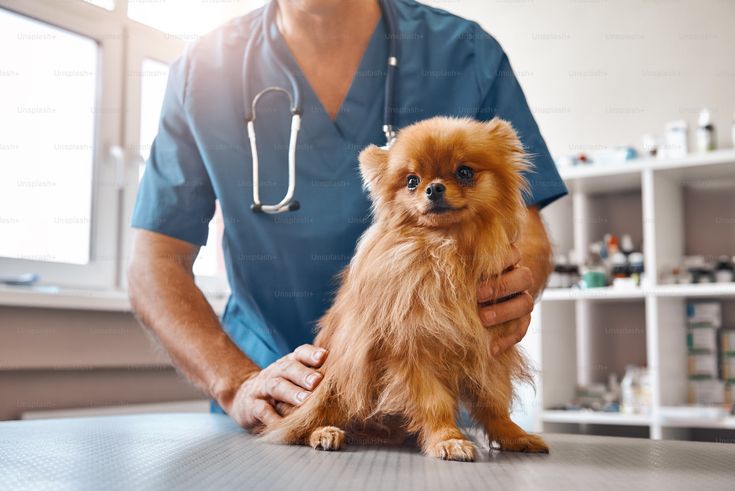
Prevention Tips for Healthy Breathing
To minimize the risk of rapid breathing during sleep, consider these preventative measures:
- Regular Vet Checkups: Routine health evaluations can help detect potential issues early.
- Proper Nutrition: Feed your dog a balanced diet to support overall health.
- Exercise: Ensure your dog gets adequate physical activity to maintain a healthy weight.
- Reduce Stress: Create a calm environment and establish a predictable routine.
Proper hydration is also critical. Dehydration can exacerbate breathing issues, so always keep fresh water accessible.
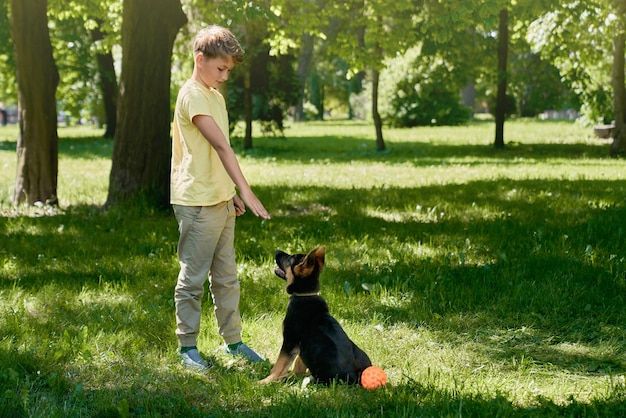
When to Seek Emergency Care
While occasional rapid breathing during sleep is usually harmless, seek immediate veterinary attention if your dog exhibits:
- Persistent or severe rapid breathing.
- Gagging or choking sounds.
- Blue or pale gums.
- Collapse or fainting.
These symptoms may indicate a life-threatening condition requiring urgent care. Examples include severe allergic reactions, heatstroke, or advanced heart disease.
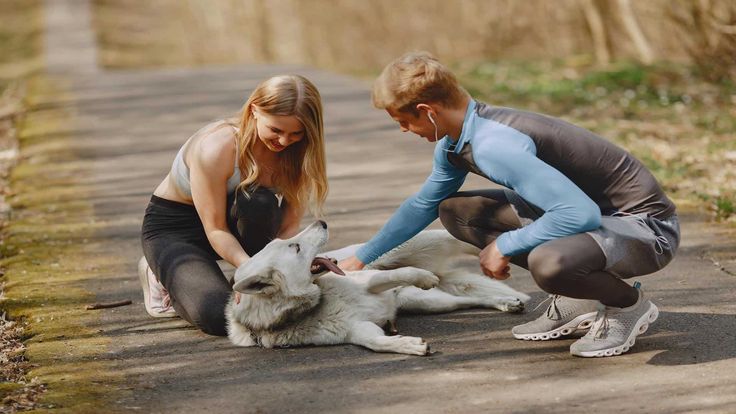
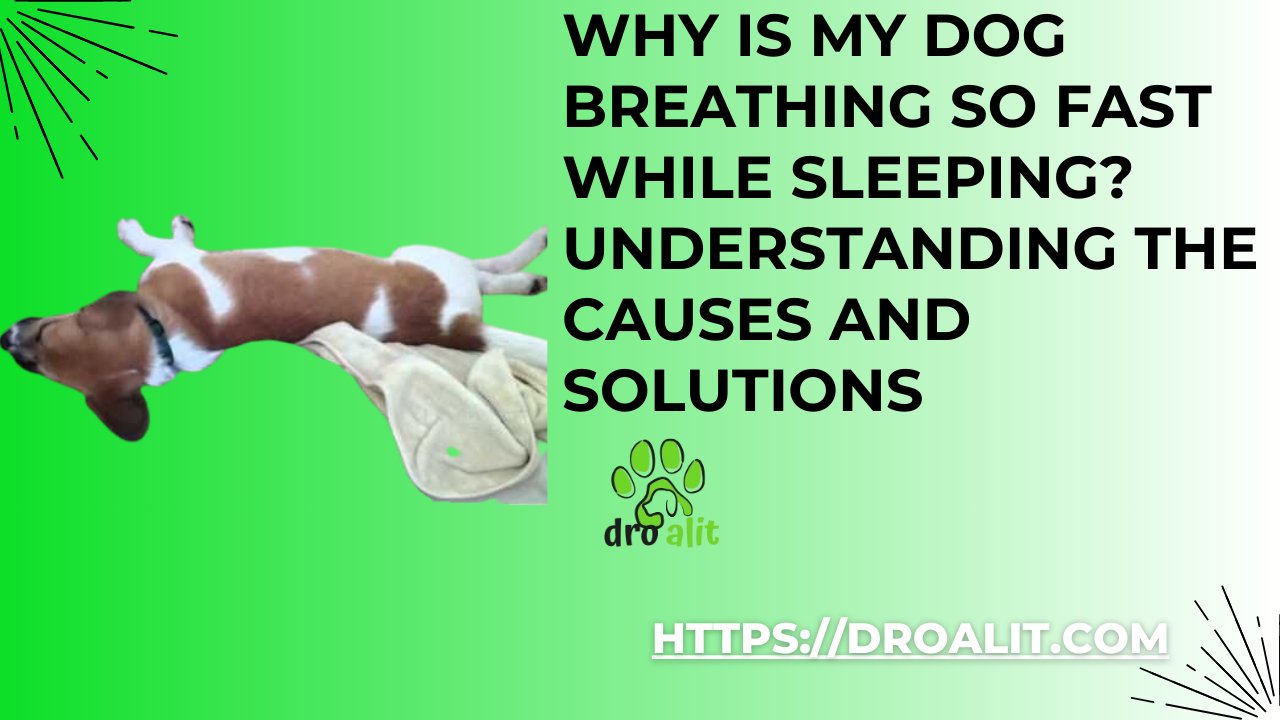






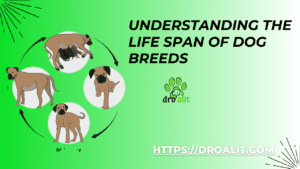






Post Comment